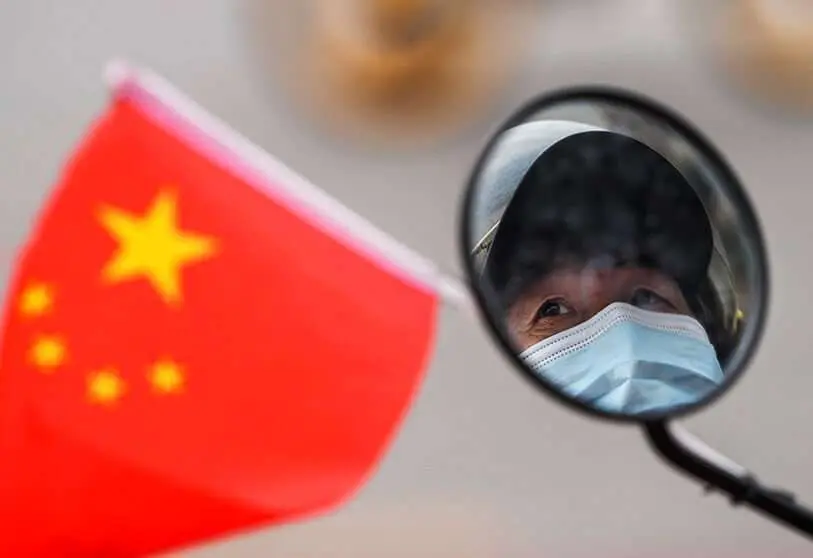China's plight as COVID- 19 infections increase

China is facing a complicated situation due to the spread of COVID-19, a disease that has spread in two of its most important cities: Beijing and Shanghai, two of the main economic engines of the Asian country.
With more than 10,000 new cases per day, Shanghai is one of the worst affected cities. In order to control the rapid spread, the Chinese authorities have ordered the population into strict containment for weeks now, including a total city-wide lockdown, isolating a total of 25 million inhabitants in their homes.
The restrictive measure has caused outrage among the people, who have protested against what they consider to be an excessive measure. In Beijing, meanwhile, the authorities have again imposed harsh measures, including school closures and selective confinements in certain residential buildings, prompting fears among Beijingers that their city will suffer the same restrictions as Shanghai.

Both cities are sticking to the stringent "zero COVID" plan, a strategy China has employed throughout the pandemic to control cases. However, they are not the only cities facing restrictions. At least 27 cities across the country are reportedly applying full or partial containment, affecting up to 165 million people.
At a time when other countries were taking more relaxed measures against COVID-19 as the pandemic stabilised, positive cases in China began to spread in March, making it the worst outbreak on record since the start of the pandemic in Wuhan in early 2020.

On 11 March, Jilin province imposed a lockdown in its capital, Changchun. The same happened in neighbouring cities, reaching its peak in Shanghai and Beijing. According to the Shanghai authorities, more than 1 million cases have been reported in Shanghai since 1 March. However, these closures have been successful in easing cases and the authorities have now announced that the closures can begin to be eased, but, should a single local case be detected, the closures will be re-implemented.
The severe restrictions in Shanghai have sparked social alarm. Residents have complained of food shortages, as well as lack of access to medical services, and poor conditions in makeshift camps to control quarantines, where children have been forcibly separated from their parents.

On the other hand, in Beijing, a massive testing campaign is said to have reached almost 20 million residents, which translates into 90% of the population. A new round of mass testing is currently underway and is due to end on 30 April.
In terms of selective confinement, the Chaoyang district was reportedly banned from leaving its buildings, as were the residents of 33 other buildings. In addition, school closures have multiplied in the capital and several hospitals have also been forced to close along with several entertainment venues.
Today, full or partial lockdowns remain in force in dozens of cities, including Hangzhou, home to 12.2 million people, and Harbin, home to 9.5 million.

The restrictions have had a major economic impact on the country. Unemployment has reached its highest level since the start of the pandemic and many companies have been forced to suspend their activities, including the car manufacturers Volkswagen and Tesla, and Pegatron.
These consequences have also spilled over into the political arena. In March, President Xi Jinping declared that China should "minimise the impact of the epidemic on economic and social development". Now, just a few days ago, he called for a "total" budget increase to invest in infrastructure to promote economic and social growth, something that Jinping is not used to as he is not usually in charge of economic plans. In this sense, the Chinese leader usually delegates these functions to the prime minister, Li Kequiang.
The president of the European Union Chamber of Commerce in China, Jörg Wuttke, said the Chinese government was "painfully aware of the damage to the economy. They are worried about unemployment," he added, "they are worried about foreign companies putting money elsewhere".








